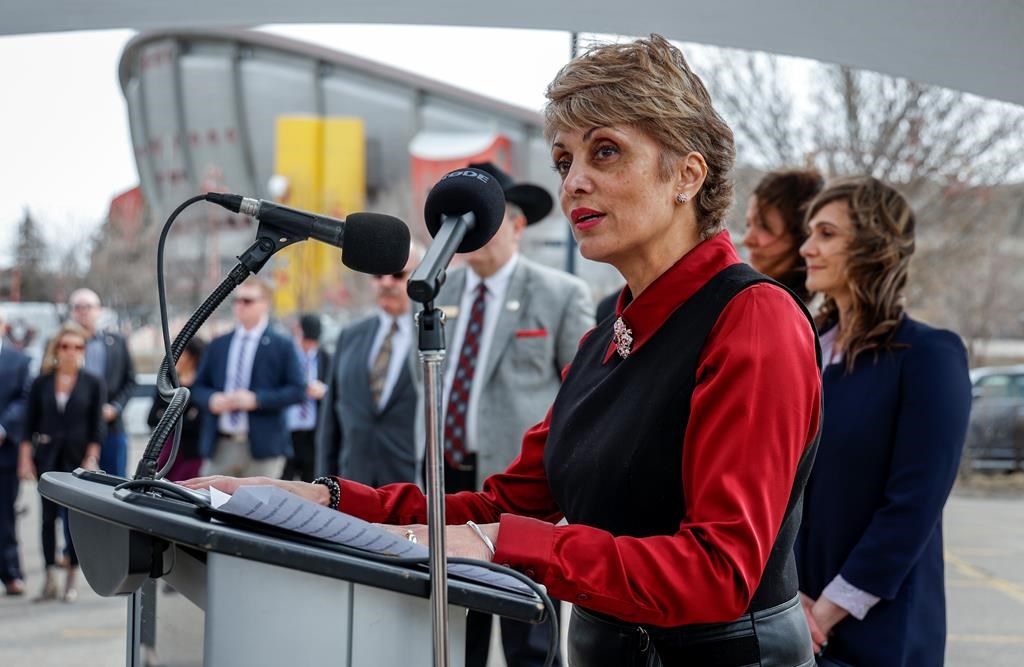Supreme Court won’t hear appeal from municipalities found liable in car crash
Posted Dec 20, 2012 4:22 pm.
This article is more than 5 years old.
OTTAWA – The Supreme Court of Canada will not hear the appeal of two Ontario municipalities found liable for a crash that left two teenaged sisters in wheelchairs for the rest of their lives.
Shannon and Erica Deering, then 19 and 16, suffered catastrophic spinal injuries when their car left the road on their way to a movie theatre on Aug. 10, 2004.
The horrific crash left the Port Perry, Ont., sisters quadriplegic and gave rise to $30 million in claims as well as an eight-year legal battle with the City of Oshawa and Scugog Township.
In 2010, an Ontario Superior Court found Shannon Deering to be one-third liable for the crash, and the municipalities — located east of Toronto — liable for the balance.
The municipalities appealed, but the Appeal Court found they had failed to ensure the road was safe and therefore mainly at fault even though the driver was speeding.
Thursday’s decision by the Supreme Court puts an end to the municipalities’ latest challenge. As usual, the country’s top court gave no reason for its ruling.
Shannon Deering’s lawyer said the sisters “gasped with delight” when they heard the news.
“I could feel their relief over the phone,” Roger Oakley said. “It’s the single best day since they were injured.”
Oakley said the two women have been living off their accident benefits with help from relatives while the ongoing court challenge kept them from accessing the damages they have been awarded.
Now, the lawyer said he expects “the cheques to be cut” by the end of January.
The sisters’ total claims exceed $30 million, but details of discussions around damages to be paid by the city were not disclosed.
Larry Ryan, president of the Frank Cowan Company, which provides Oshawa’s insurance, said the firm has “no further recourse” but to settle with the sisters. But he said the parties were still fine-tuning the amounts to be paid out.
Ryan said the company was “very disappointed” in the decision, which he said would lead to higher premiums for municipalities and end up costing taxpayers.
“We’re going to push for legislative changes, we think municipalities need additional protection and we have to make sure that their bottom line is protected,” he said.
Oakley, however, said the case sends a message to municipalities that they share responsibility for boundary roads with their neighbours and can’t allow safety concerns to fall through the cracks.










